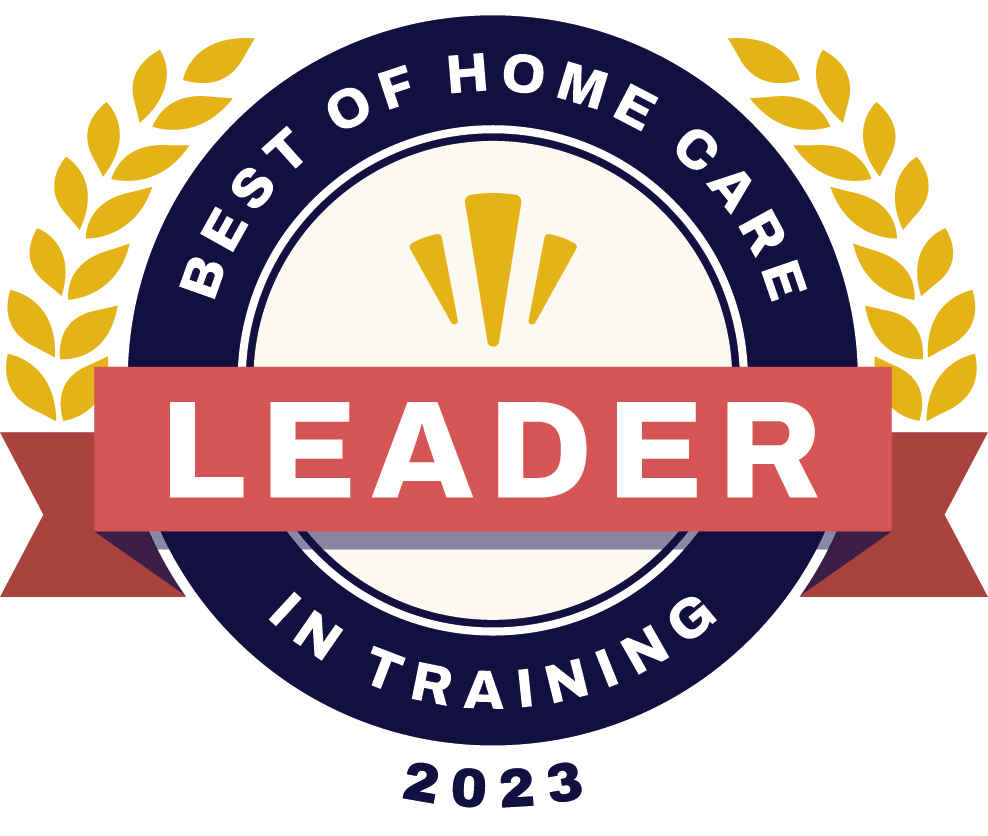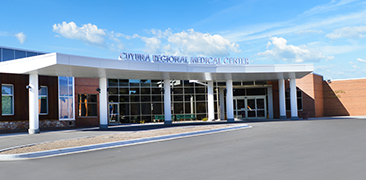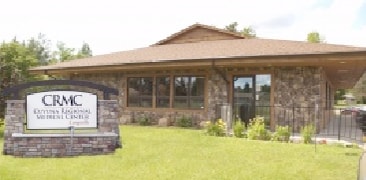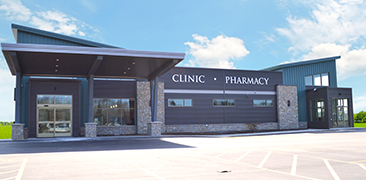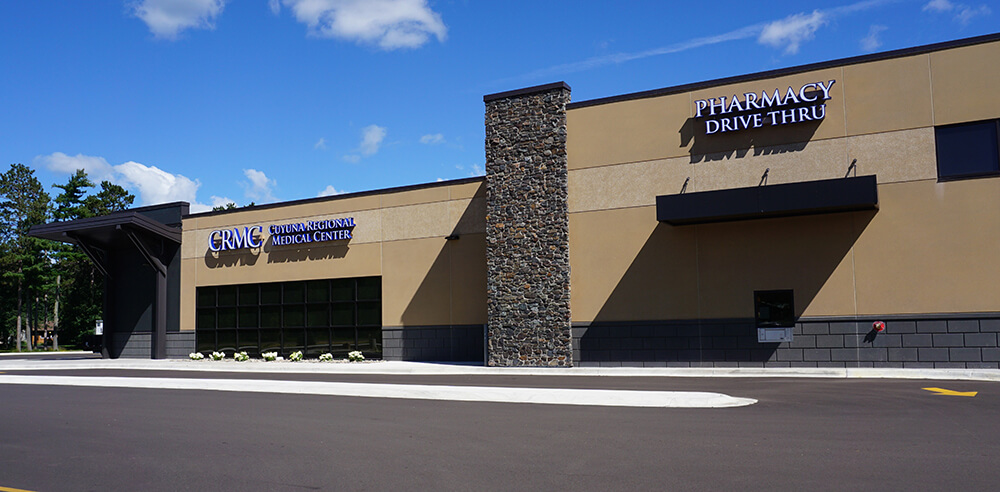When to Contact Hospice
A patient is ready for hospice when they have decided to pursue treatments meant only to promote comfort, not cure the illness. Those treatments may include medications to relieve pain, nausea, shortness of breath, loss of appetite, muscle cramps, itching, hiccups, and many more.
Hospice will assess patient needs, recommend any equipment, and help make arrangements to obtain any necessary equipment. Often the need for equipment is minimal at first and increases as the disease progresses. In general, hospice will assist in any way it can to make home care as convenient and safe as possible.
In the early weeks of care, it’s usually not necessary for someone to be with the patient all the time. Later, however, since one of the most common fears of patients is the fear of dying alone, hospice generally recommends someone be there continuously. While family and friends do deliver most of the care, we have volunteers to assist with errands and to provide a break and time away for primary caregivers.
